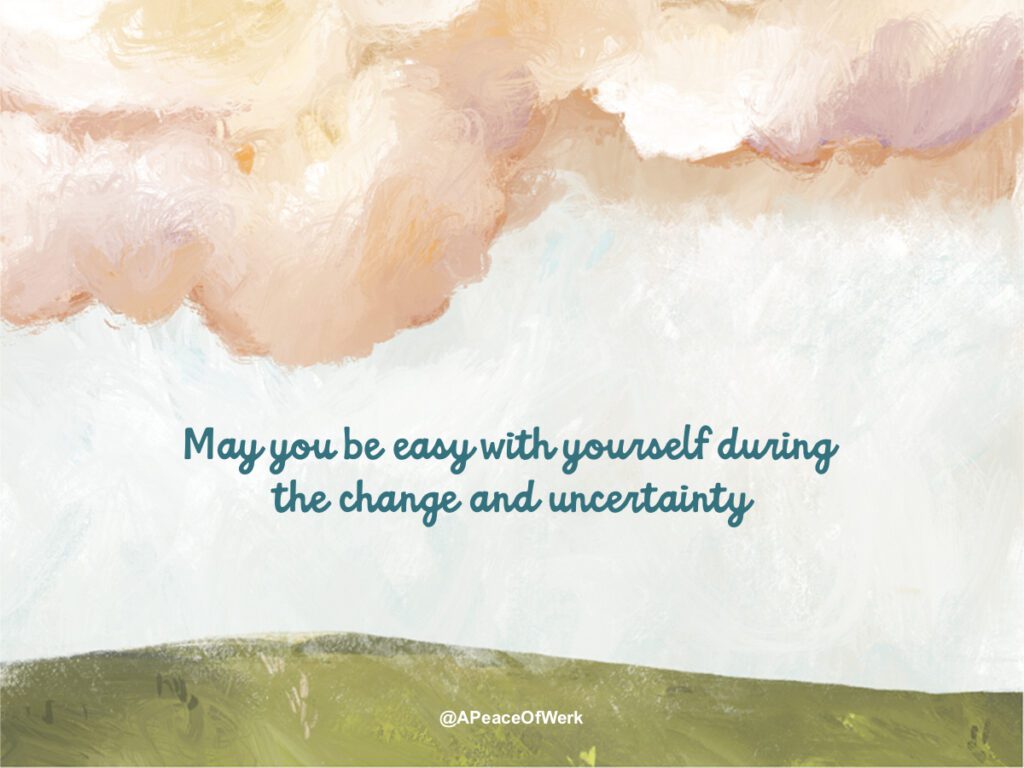
-
Pinterest
Learning how to forgive yourself is a crucial step towards healing and personal growth. It involves recognizing and accepting your mistakes, understanding that perfection is unattainable, and acknowledging that every misstep is an opportunity for growth and learning. Self-forgiveness means treating yourself with the same kindness and compassion you would offer to others. It allows you to move past guilt and self-reproach, and encourages you to embrace a positive outlook on life. By forgiving yourself, you open the door to self-improvement and deeper self-understanding, creating a nurturing environment for your future successes and well-being. In this Article, we’ll learn the best 15 ways to forgive yourself, along with a list of affirmations to support your path to self-compassion.
Learn 15 Ways to Forgive Yourself
Forgiving yourself is an essential part of personal growth and emotional healing. It involves overcoming feelings of guilt or regret and accepting that making mistakes is a part of being human. This journey can improve your self-esteem, enhance your relationships, and allow you to live a more fulfilled life. You can learn with these 15 ways to forgive yourself, that are listed below:
1. Acknowledge Your Feelings
Begin by acknowledging that you feel guilty or regretful. Recognition is the first step towards healing.
2. Understand the Source
Dig deep to understand why you feel the way you do. What specifically are you struggling to forgive yourself for?
3. Accept Your Imperfections
Realize that perfection is an unrealistic goal. Accepting your flaws as part of your human nature is crucial.
4. Learn from the Experience
Every mistake is a learning opportunity. Consider what the experience taught you and how it can inform your future decisions.
5. Apologize If Necessary
If your actions hurt others, offer a sincere apology. Taking responsibility can alleviate feelings of guilt and help mend relationships.
6. Make Amends
Where possible, take steps to make amends. This action can help restore your self-respect and mend bridges you may have burned.
7. Let Go of the Past
Understand that you cannot change the past, but you can influence the future. Focus on what you can do now.

-
Pinterest
8. Practice Mindfulness
Engage in mindfulness to stay present and reduce self-critical thoughts. This practice helps you accept and move past difficult emotions.
9. Seek Professional Help
If self-forgiveness feels overwhelming, consider seeking help from a therapist or counselor who can guide you through the process.
10. Use Positive Affirmations
Regularly recite affirmations that encourage self-forgiveness and boost self-esteem. This practice can shift your mindset over time.
11. Surround Yourself with Support
Lean on friends and family who understand and encourage your journey. A supportive network can provide strength and perspective.
12. Journal Your Thoughts
Writing down your thoughts and feelings can be a therapeutic way to process and forgive yourself. It’s a safe space to express yourself fully.
13. Celebrate Small Victories
Acknowledge and celebrate every small step you take towards self-forgiveness. Each positive step is progress.
14. Set New Goals
Create new, positive goals for yourself. Having something to strive towards can help shift your focus from past regrets to future possibilities.
15. Practice Self-Care
Engage in regular self-care practices. Whether it’s reading, taking walks, or enjoying a hobby, taking care of your wellbeing is vital.

-
Pinterest
List of Affirmations and How to Use Them

-
Pinterest
Affirmations are positive statements that can help change negative thought patterns into more positive ones. By repeating these statements regularly, you can begin to change the way you think and feel about yourself. Here are some affirmations for self-forgiveness:
- “I forgive myself for past mistakes and choose to learn from them.”
- “I am worthy of love and kindness, despite my imperfections.”
- “I release my past and live fully in the present.”
- “I am capable of moving beyond my mistakes.”
- “I allow myself to feel peace with who I am now.”
To use affirmations effectively, repeat them each morning when you wake up, or at night before you go to sleep. You can also say them during difficult moments when you find yourself ruminating on negative thoughts. Write them in your journal, post them on your mirror, or carry them in your wallet to remind yourself throughout the day.
More Related Posts:
- Free Printable Affirmation Cards
- 15 Effective Strategies for Healthy Grieving
- From Stuck to Inspired: 8 Strategies to Unlock Your Creativity
Conclusion
Forgiving yourself is not an overnight process, but with patience and dedication, it is certainly achievable. By following these steps and incorporating affirmations into your daily routine, you can start to heal from within, embrace your imperfections, and move towards a more compassionate and fulfilling life. Remember, self-forgiveness is a powerful gift you give yourself, one that liberates you from the past and opens up a world of new possibilities.

-
Pinterest
